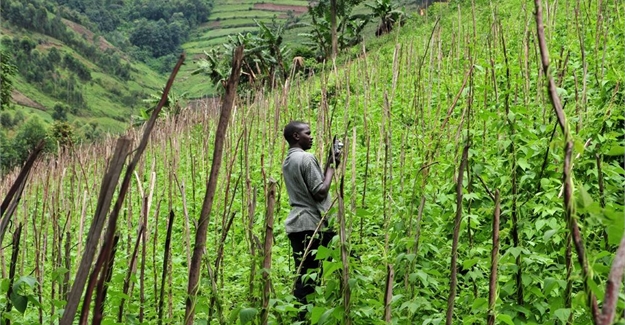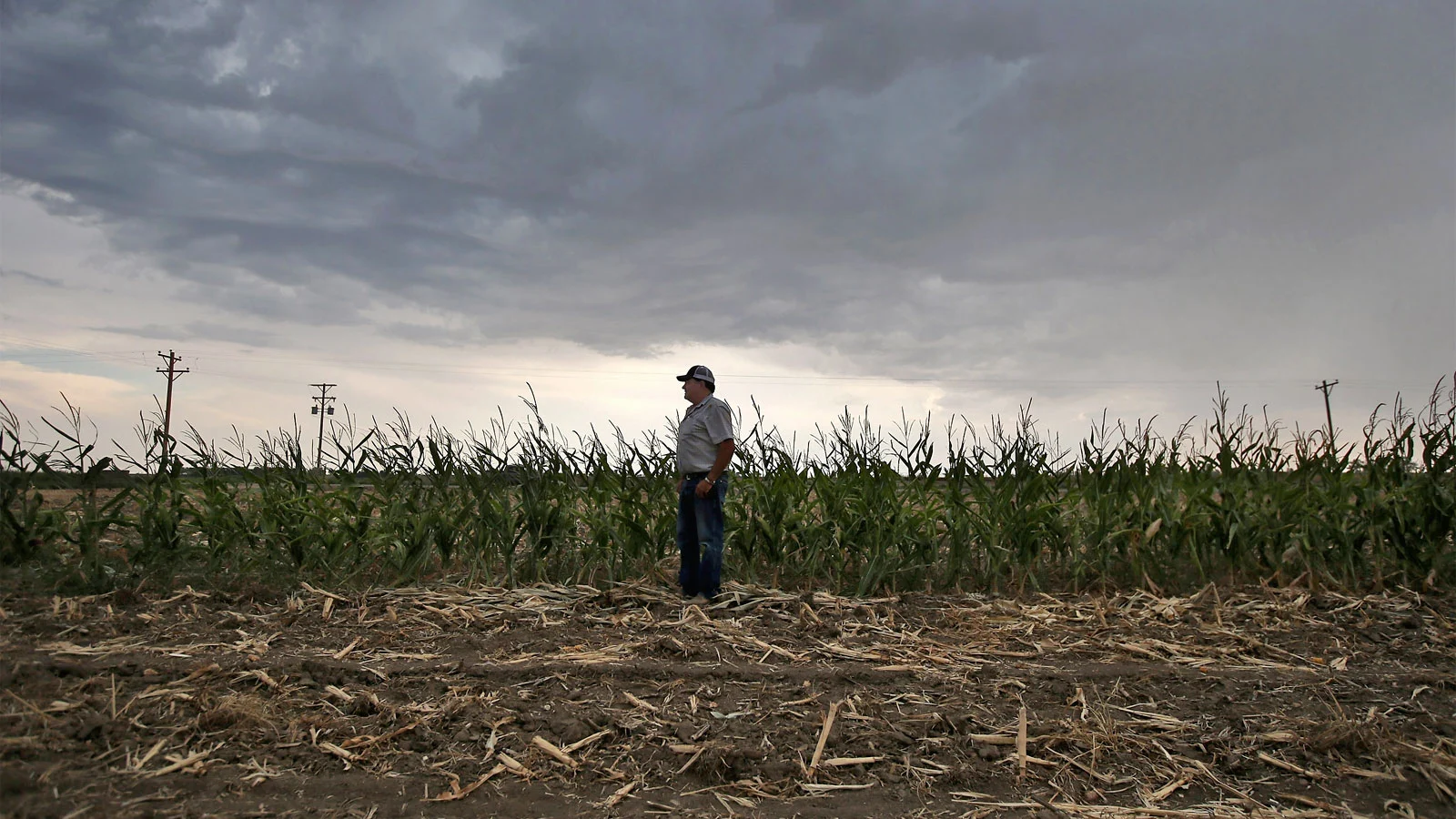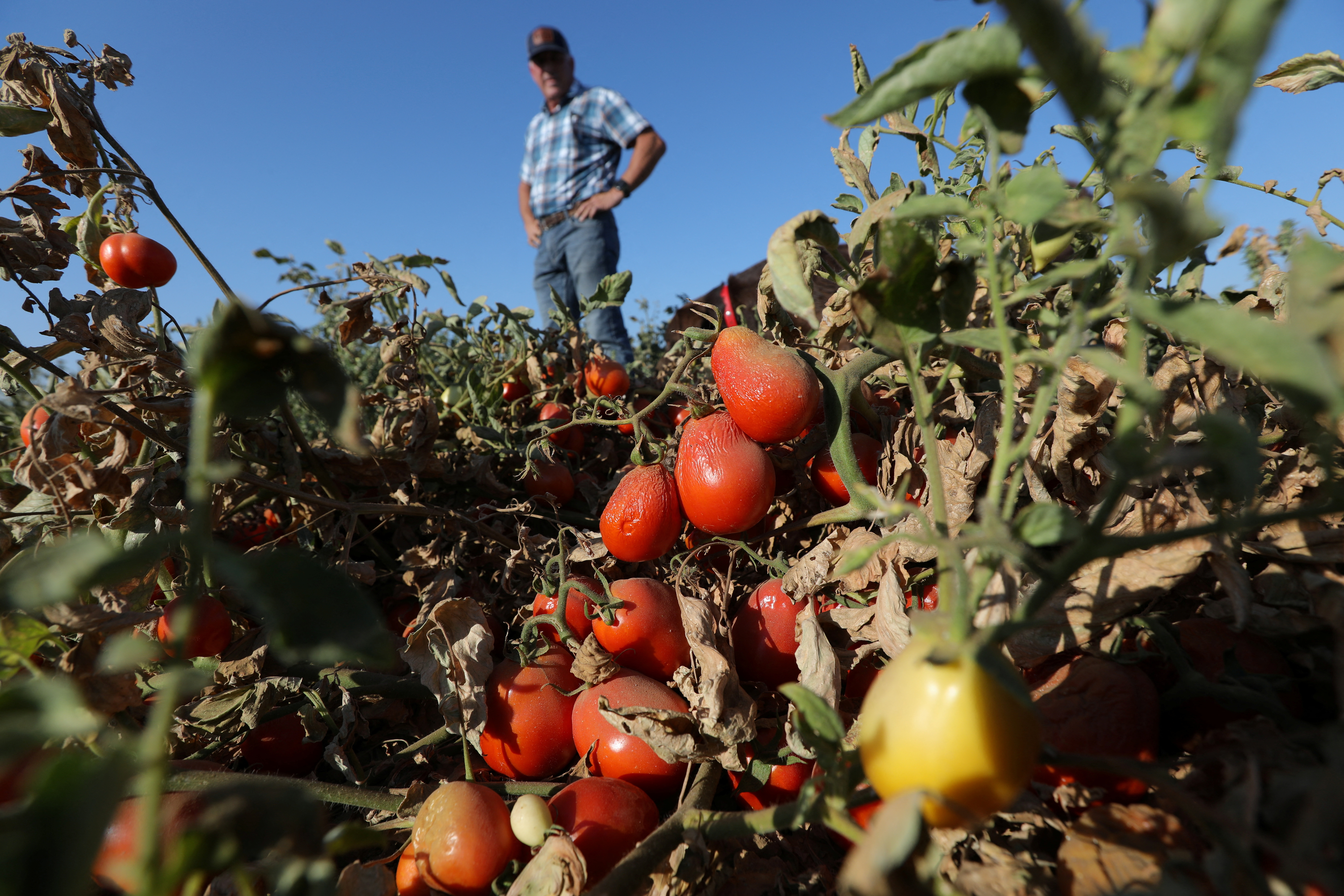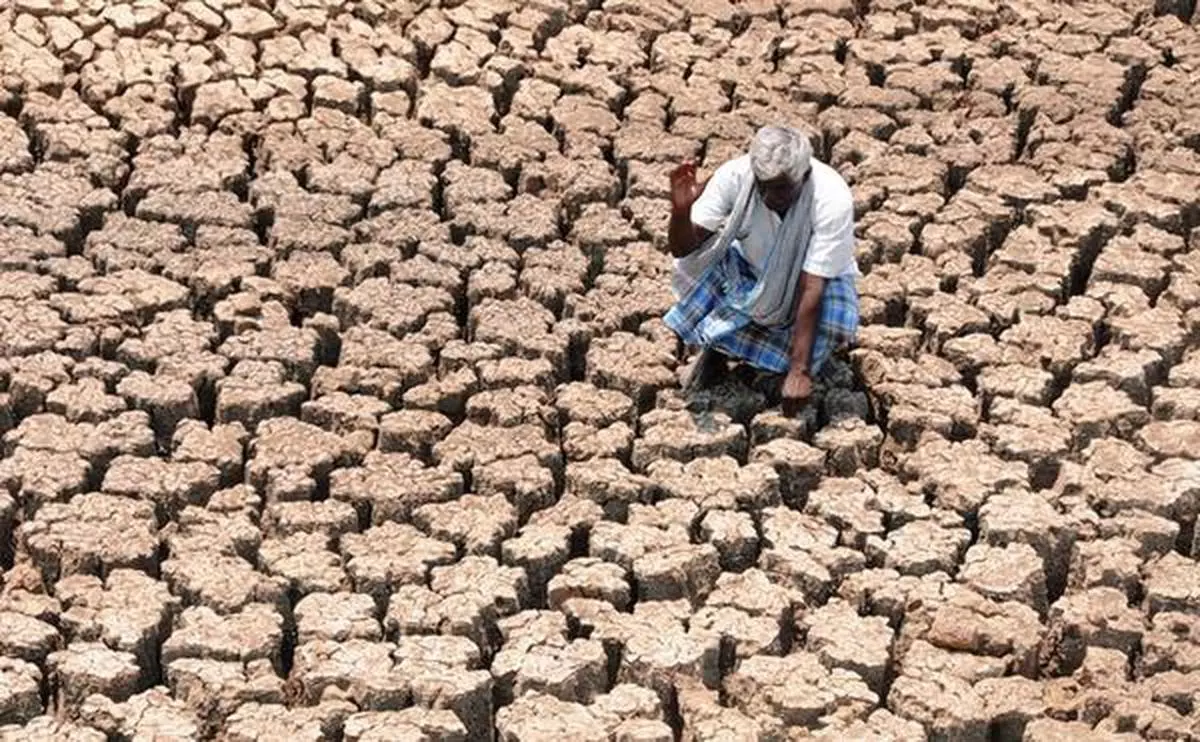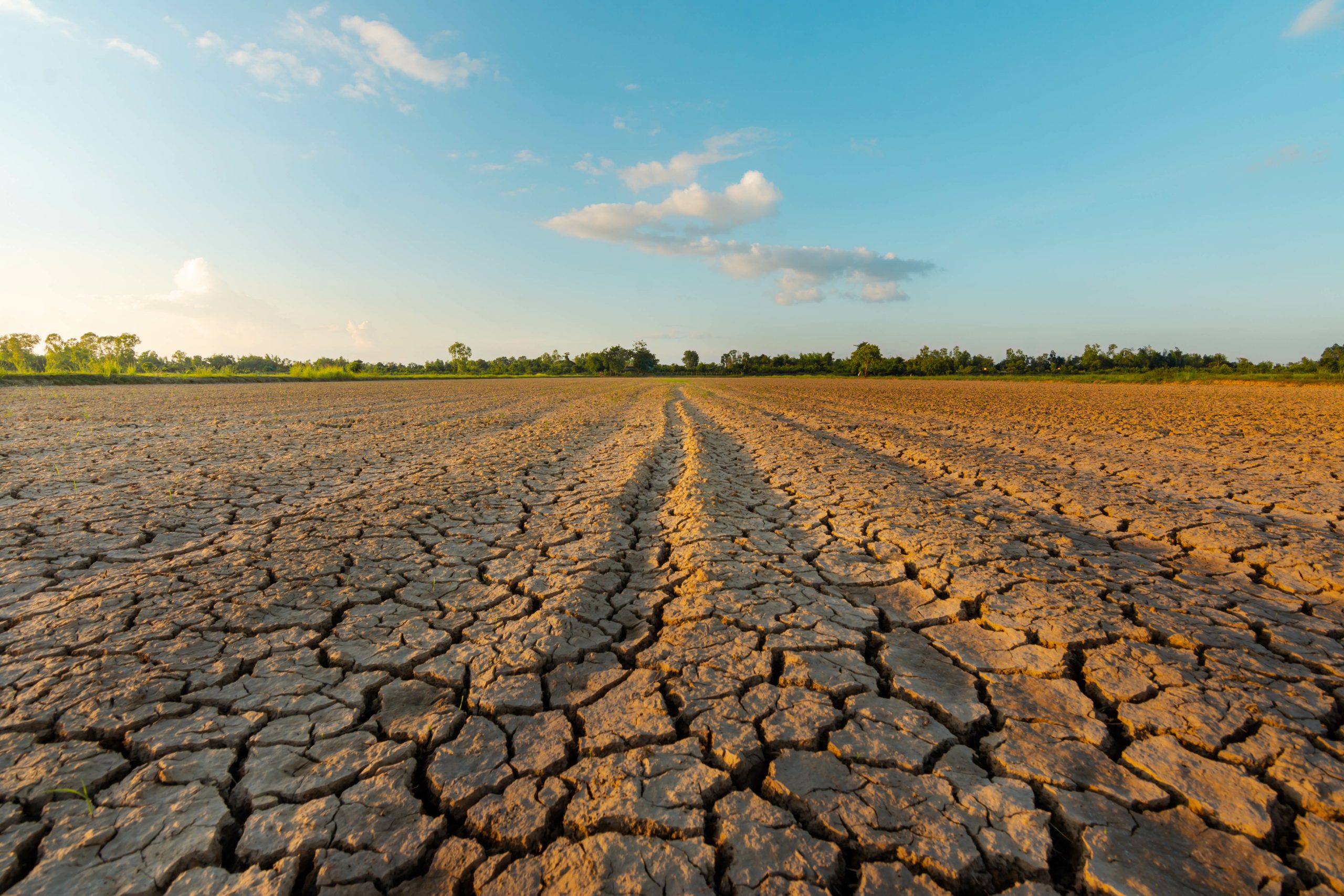While various governments across Africa are supporting crop insurance to cushion farmers in times of distress, the situation has been different in Tanzania where the majority of farmers remain exposed to losses resulting from natural disasters.
Apparently, the government has paid very little attention to crop insurance, despite chipping in to boost yields through inputs provision and subsidies. The current state of affairs is worrying agriculture stakeholders and experts, who have stepped up their efforts to ensure that cover is rolled out in the near future.
There are growing fears that if a plan by the government to address the concerns take time to materialise, farmers will harvest thorns as climate change takes its toll.
Already, growing signs of trouble are evident in unreliable rainfall patterns, droughts, floods, unending crop diseases and pests. Smallholder farmers are the worst-hit.
Prof Justine Mtaresi, a lecturer and agricultural consultant at the University of Dar es Salaam (UDSM)'s College of Agricultural Sciences and Fisheries Technology, says quick intervention by the government is needed to cushion smallholder farmers against adverse weather effects.
"Most smallholder farmers will find it difficult to bounce back after the shocks," he said in a telephone interview with BusinessWeek.
Government said recently plans were on the cards for the introduction of an agriculture insurance plan to cushion farmers against various perils such as adverse weather conditions.
It is also a way to encourage more people to venture into the sector, said the director of policy and planning in the Ministry of Agriculture, Mr Obey Assery.
He was speaking during the fourth Mwananchi Thought Leadership Forum (MTLF), which ran under the theme 'Our Agriculture, Our Lifestyle'. The forum was held on May 23, this year.
"We have come to the understanding that this is one of the most important solutions to helping farmers, and it's among the reforms that we are working on in the ministry to be implemented soon," he said.
"Plans between the ministry and Tanzania Insurance Regulatory Authority (Tira) and other partners from various sectors are underway to establish products that can protect the farmer from the risk of climate change as well as other uncertainties," he added.
Prof Mtaresi says that despite the huge contribution of agriculture to the country's economy, insurance stakeholders continued to disregard the sector.
"As a result, both agriculture and the insurance sector remain largely underdeveloped. It should be known that agriculture insurance is a form of risk management used to hedge against dangers and will help smallholder farmers access loans from lending companies," he said.
Tanzania is lagging behind neighbours Kenya and Zambia in providing comprehensive cover to farmers.
In Zambia, for example, the government enrolled over a million smallholder farmers under its input support scheme, Farmer Input Support Programme (FISP), on weather index insurance.
Kenya, on the other hand, introduced an insurance Bill to protect farmers from drought losses.
Players in Tanzania's insurance sector and the government might also what to have a closer look into the Indian studies.
Insurance experts in the Asian giant have for some time now been recommending the use of information and communication tools (ICT) to help farmers regain faith in crop insurance schemes.
Encouraging use of ICT generally quickens compilation of data, verification and faster settlement of claim making insurance attractive to farmers.
With unseasonal dust and thunderstorms, followed by unseasonal rains which lead to extensive crop damage, the Indian government regards agriculture as a high-risk economic activity and investment in that sector without insurance is an added risk factor.
Resource mobilisation
According to Prof Mtaresi, what Tanzania needs to address this problem is first and foremost, resource mobilisation and adequate budget allocation.
"There is (currently) no proper mechanism to encourage farmers, especially after various shocks; no post-drought livestock restocking and also there is no feeds or seeds aid to farmers," he said. He added: "Unless this is worked upon through an insurance cover, we will be prone to dependency on external food aid."
Dr Stephen Karashani, a former lecturer at Sokoine University of Agriculture (SUA), said any country that is serious about encouraging agriculture investment considers insurance cover a priority.
If the Tanzanian government implements the insurance idea, more investors could be attracted to the sector, and the country could improve food security, he noted.
"Every country that needs to encourage growth in agriculture, should have interest in agricultural insurance as a way to protect farmers, lessen reliance on aid, and bolster economic growth.Tanzania needs to be innovative and encourage more people to engage in agriculture," he said.
Agriculture Non-State Actors Forum (Ansaf) executive director Audax Rukonge said the plan has taken too long to materialise. "It's already late as it stands. This must be implemented right away to help farmers address the challenges of access to water, better and safety seeds as well as make different stakeholders work together in improving the agricultural value chain," he said.
Ms Winnie Bashagi, who works with the Tanzania Rice Council, concurs that the Tanzanian government is running out of time to help encourage its farmers through insurance cover. "The implementation of this initiative should start right away with education to farmers," she said.
Source - https://allafrica.com


